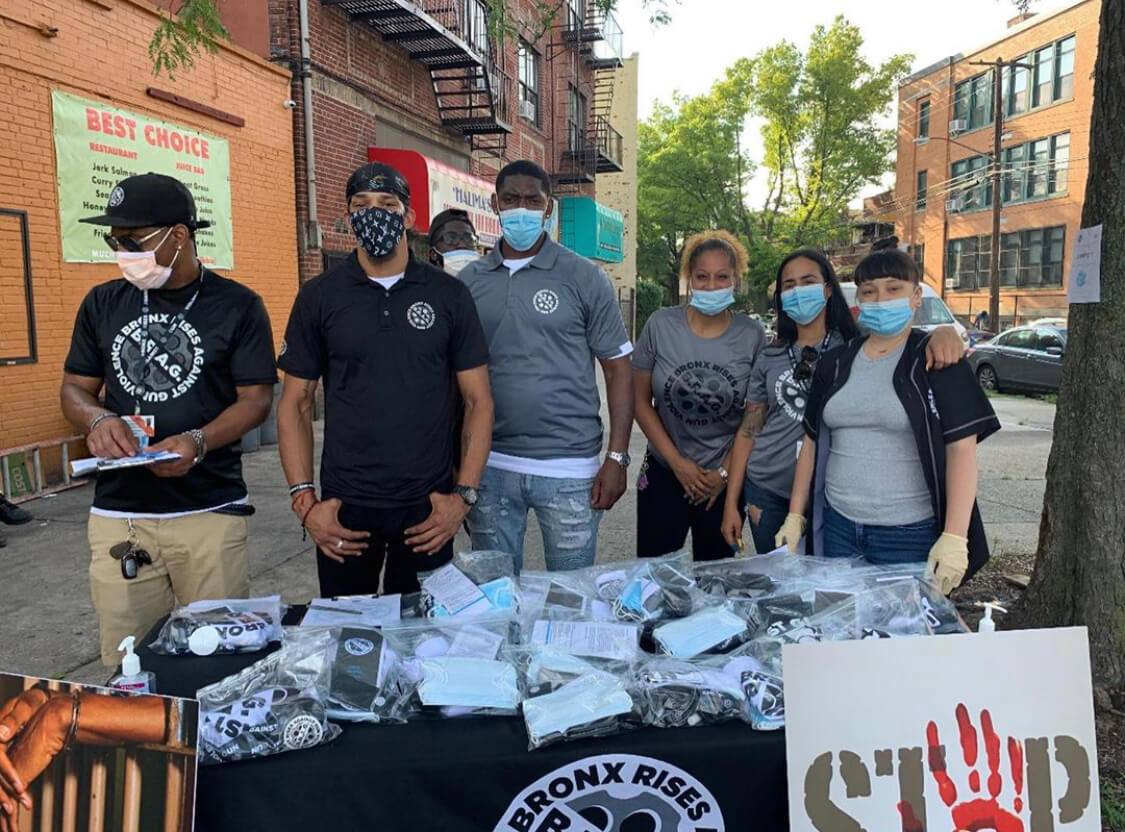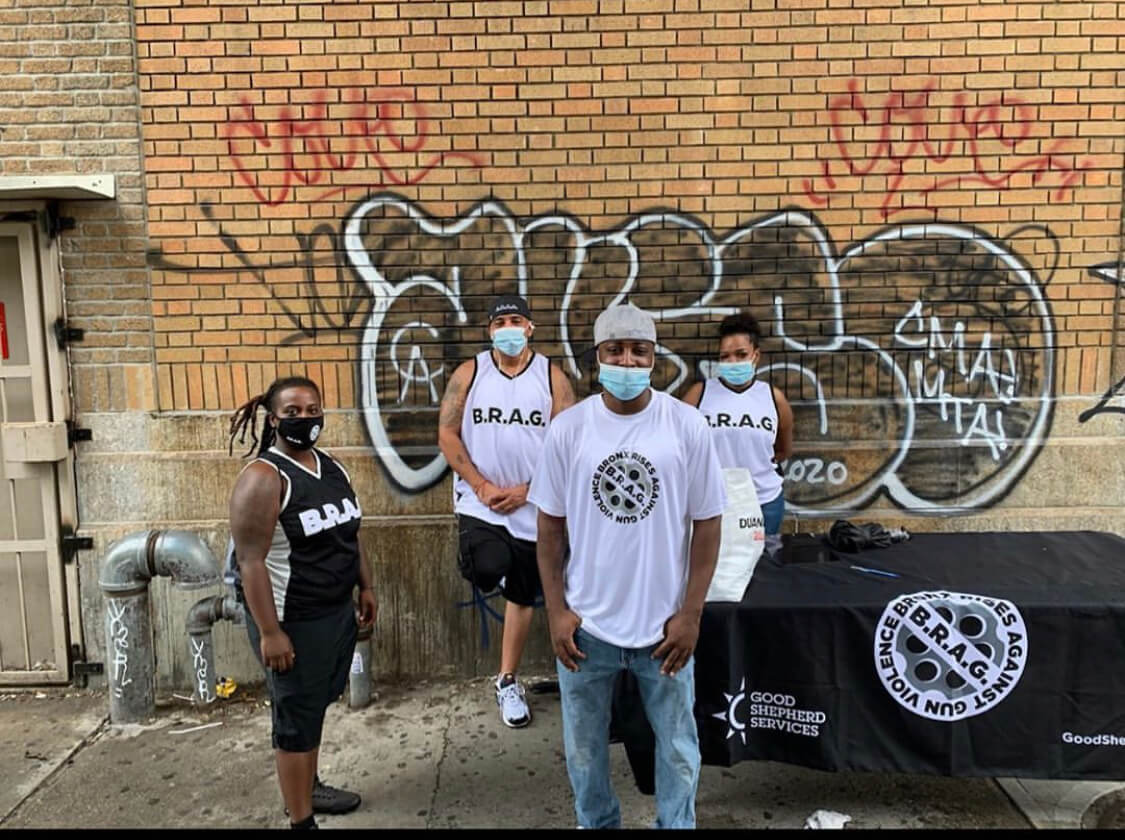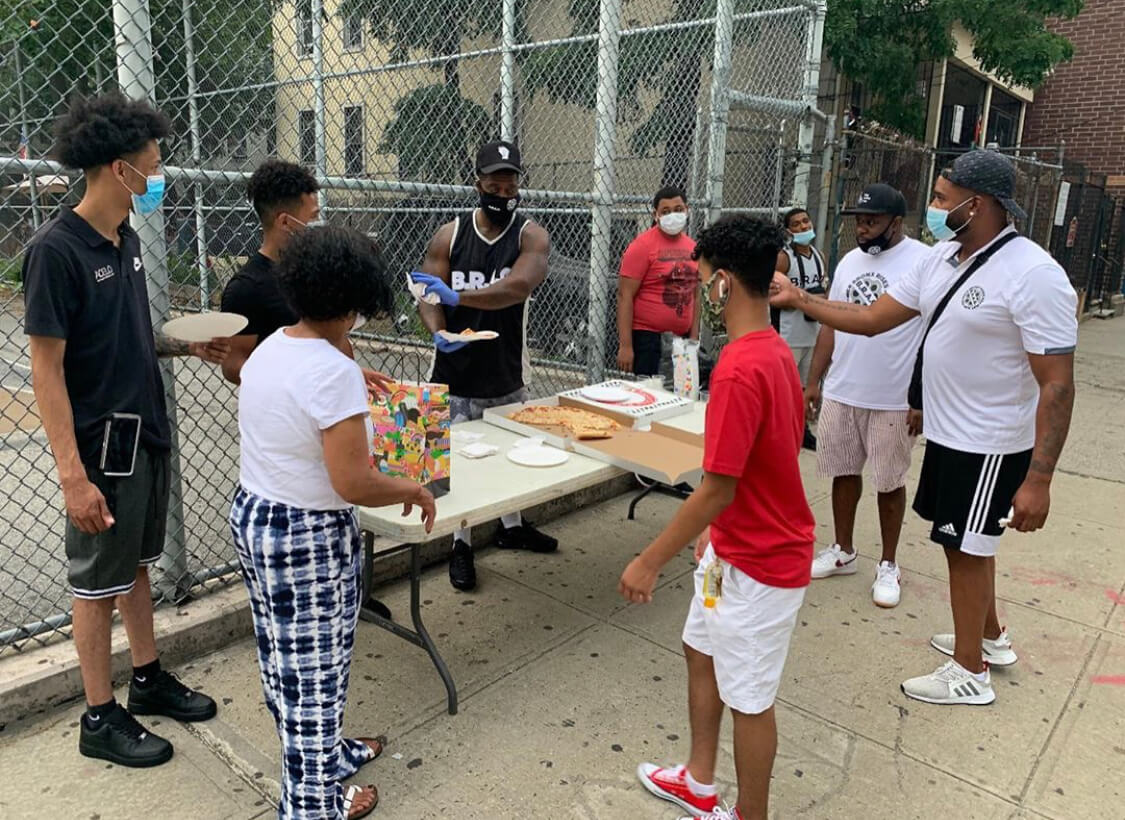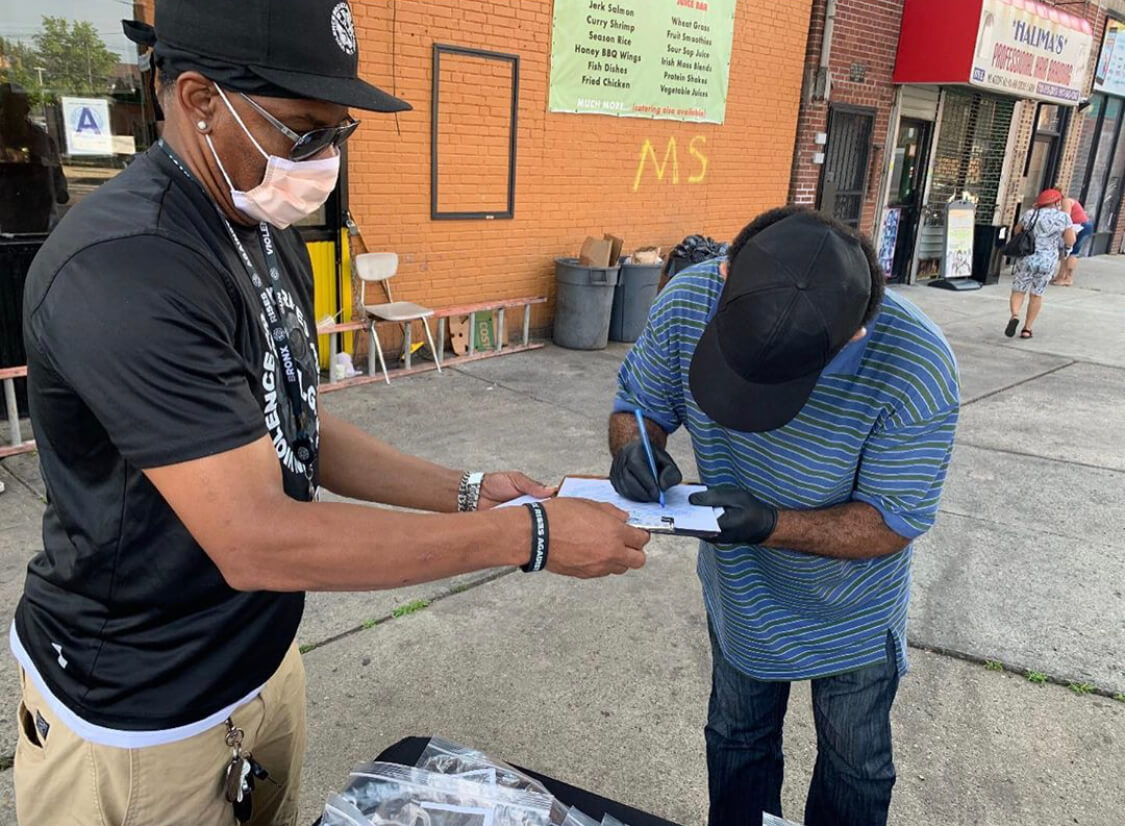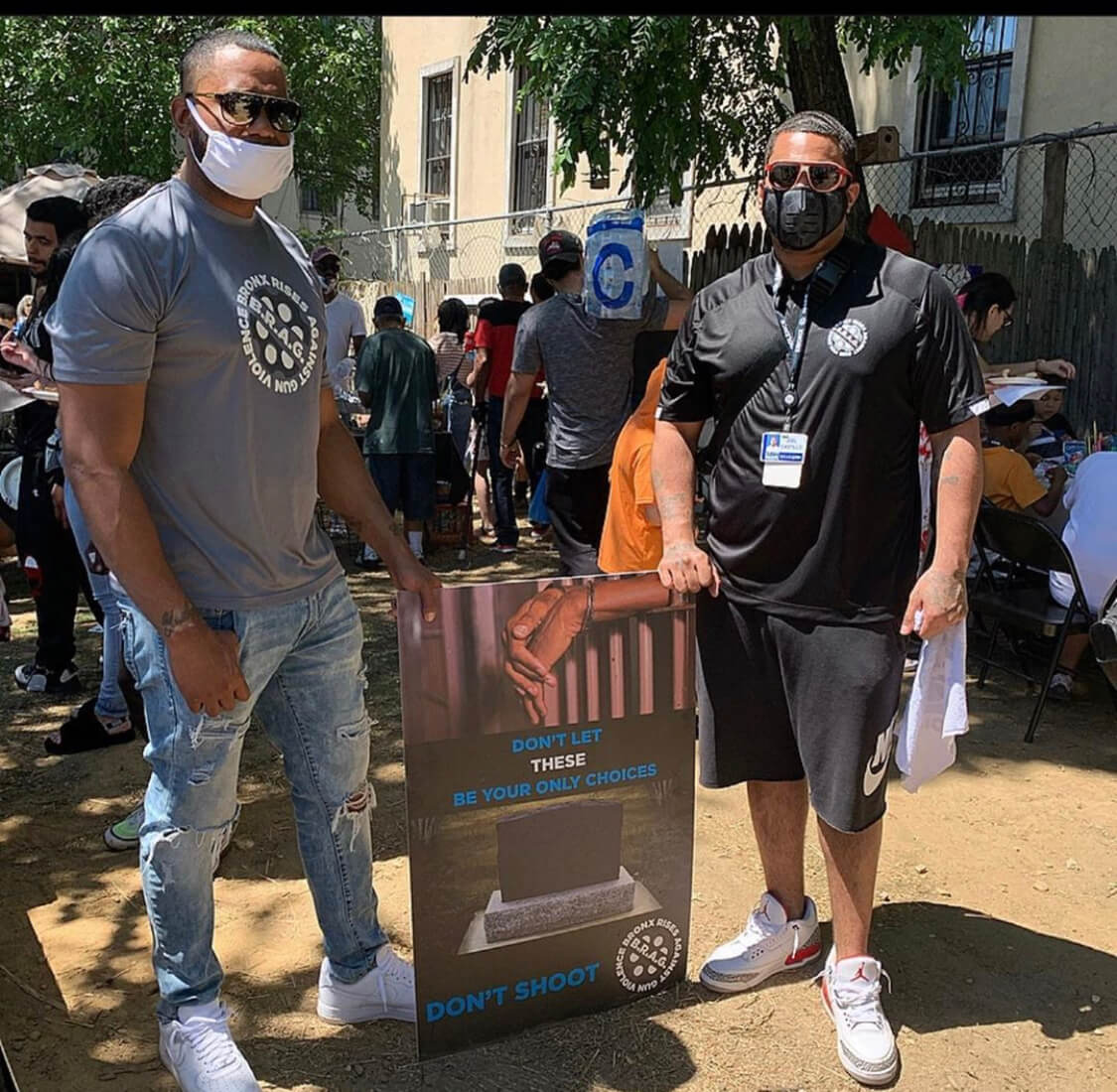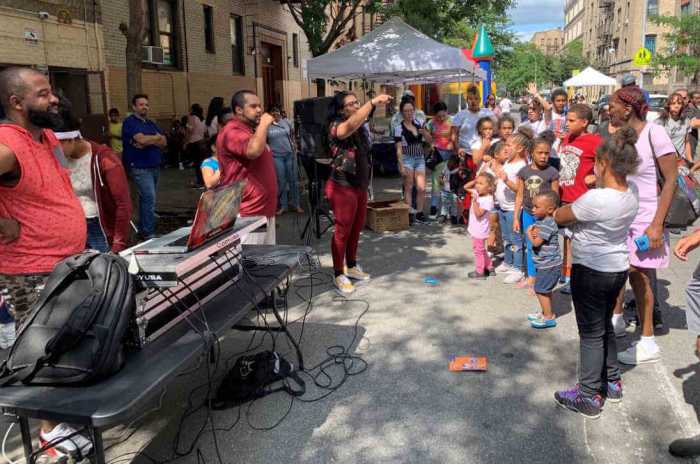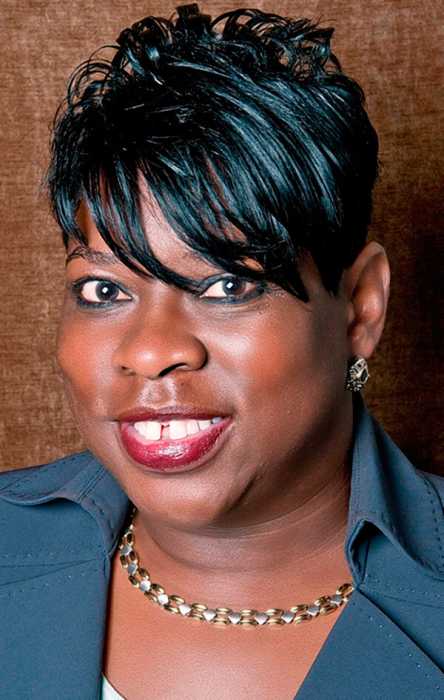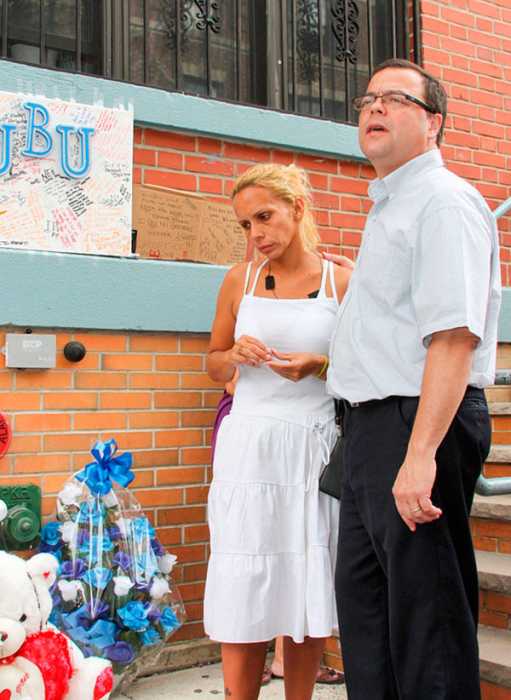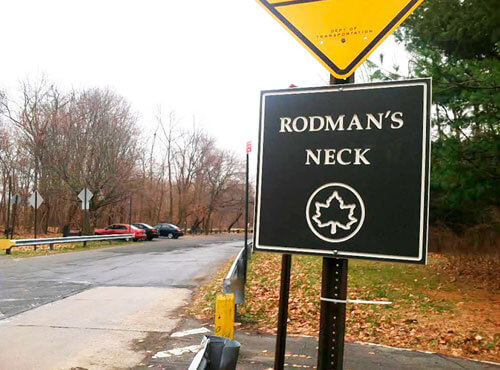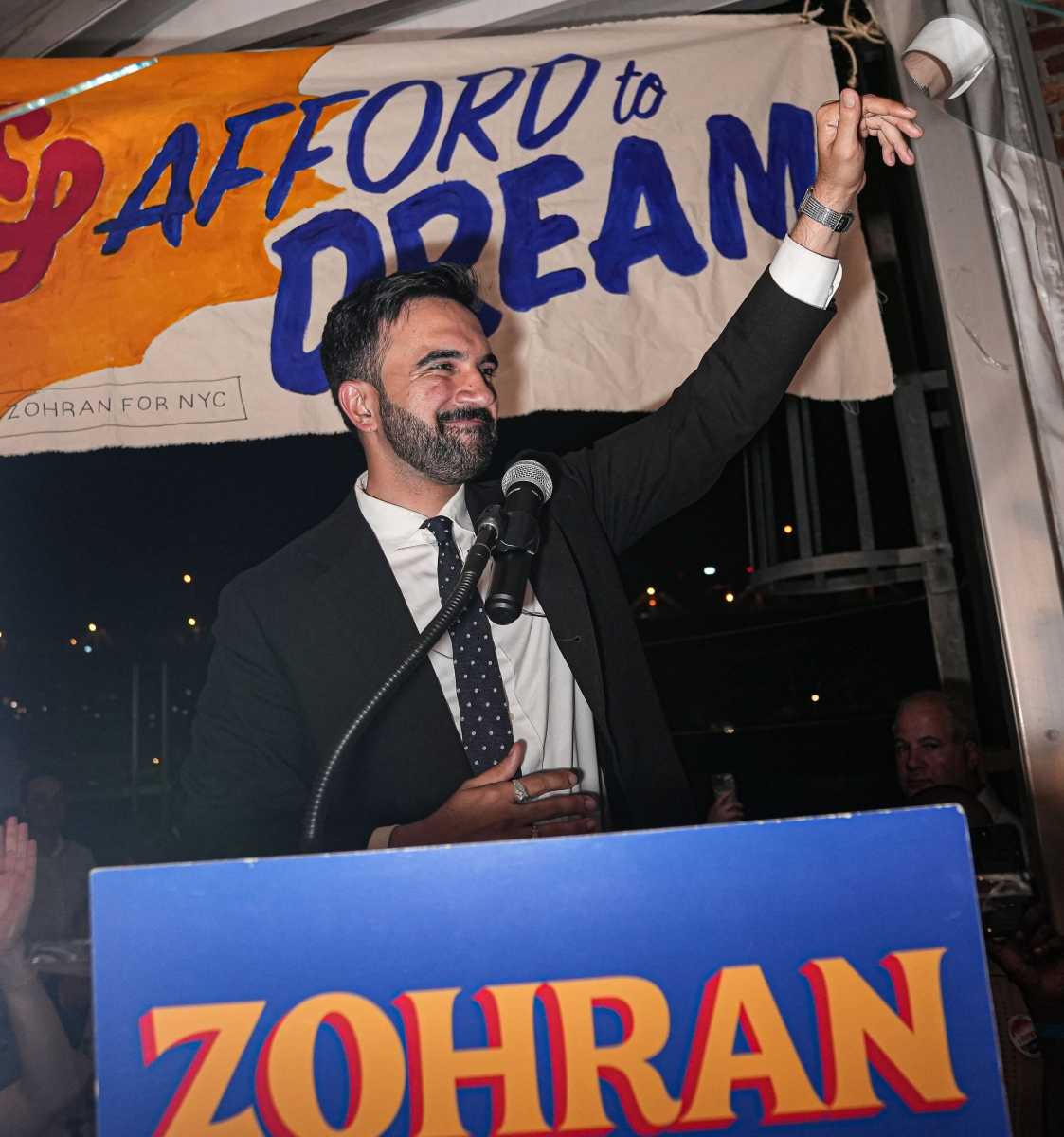Throughout the pandemic, specifically the summer, there has been an increase in gun violence incidents. According to reports, there were 22 shootings on Labor Day weekend alone.
During these troubling times, B.R.A.G. (Bronx Rises Against Gun Violence), a program of Good Shepherd Services, one of the largest youth services providers in NYC, has continued their work with the Bronx to keep neighborhoods safe.
B.R.A.G. promotes safer streets by mobilizing young people ages 16 to 25 against gun violence using credible messengers and an evidence‐based, anti‐violence model.
David Caba, program director at B.R.A.G., explained there is a common misconception that young people enjoy killing one another.
“People think they want to carry a weapon and go on shooting people,” Caba told the Bronx Times. “They can’t wait for us to step in and mediate them.”
Caba, 57, born and raised in the Bronx, was recruited by B.R.A.G. several years ago. He grew up when the Bronx was burning, witnessed abandoned buildings, death, drugs and many other unlawful things.
He explained that overall crime is down, but there is definitely a spike in shootings. He blamed COVID-19, loss of jobs and the upward trend in violence during the summer.
Caba explained these shootings are rampant in impoverished areas because they lack resources like good schools and YMCAs and many people see drugs, gangs and guns as an outlet.
B.R.A.G. covers the 46th, 47th and 52nd Precincts, three of the worst areas in the borough. They meet with kids who are referred to them from schools or brought by their parents or other members.
The goal is to teach youth how to solve conflicts peacefully. According to Caba, that is something many youths never learned. Some of them roam the streets because of absentee parents or single family homes and his colleagues do their best to put them on the right path.
“They’re used to solving everything with weapons,” Caba said. “We know their pain firsthand.”
Meetings can often be quite emotional, Caba explained. Whether the kids witnessed violence or participated, everyone has a different story.
The nonprofit started out with just five staff members, but today has grown to 30. It operates Tuesday through Saturday from 1 p.m. to 9 p.m.
“It’s as deep as you can go when you have a young person who just lost their brother or sister,” he said.
Caba said they do their best to change how the kids think and try to get them focused on art and sports. He stressed these teens who walk around with guns are not trained on how to shoot.
He said that NYC has some of the strictest gun laws in the country, so it’s not as if the Bronx residents are bringing them here, he said. Caba explained there is the Iron Pipeline that goes on Route 95 down to Miami, where many people smuggle guns up north.
“There was a time when you were old enough you were shown how to fight,” he recalled. “There’s a misconception that we’re making these guns. We’re not the ones bringing guns here.”
B.R.A.G. West Program Manager Jeremy Molina, 30, born and raised in Fordham, grew up surrounded by guns. In fact, two years ago he lost a nephew to violence.
Molina was also there as people rioted and looted his community in June. Like Caba, he agreed that COVID-19 hurt communities that were already in pain.
“The city has gotten hot,” he said. “Some of these youths can’t make a decision on their own.”
According to Molina, many of these young adults turn to gangs, drugs or guns as a source of income to support their families.
As a teen he was never directly involved with drugs or gangs, but had friends that were. He recalled there were times he could have gotten arrested just for being associated.
Molina has even helped people he grew up with get on the right path.
“It’s a great feeling when you see the change and growth in the participant,” he said. “It’s sad for the ones that haven’t changed. We treat violence as a disease and we are the contagion. Just as the disease spreads, the violence spreads.”

